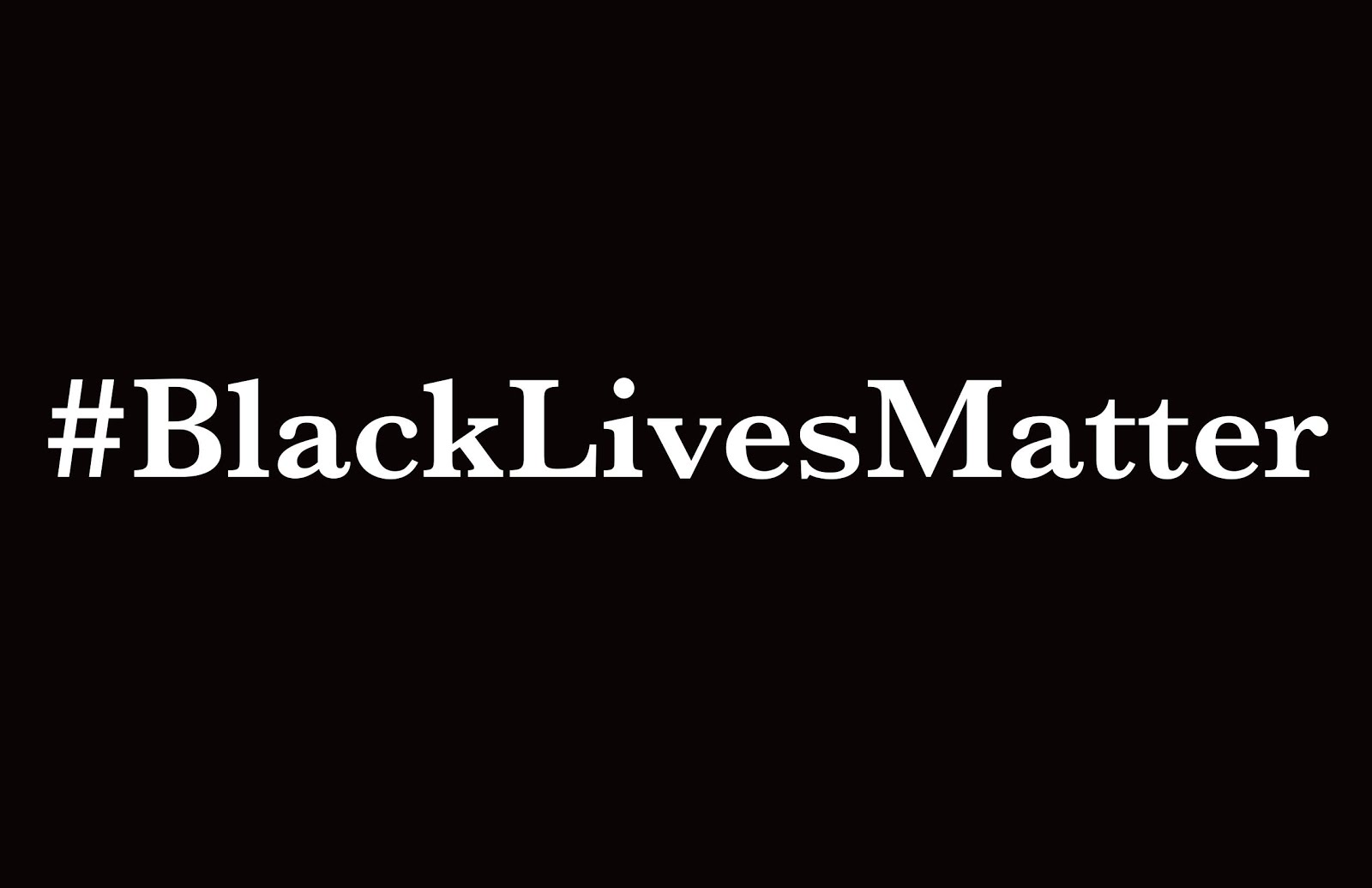Last week I wrote about the notion that those who are oppressed and/or dominated are going to have a more comprehensive viewpoint from which to perceive what's actually going on.
It should be remembered that, usually, those who have the most comprehensive viewpoint also are also those who are most denigrated and the least likely to be listened to. Penalties are often enacted against them if they speak out...penalties can also be implemented for those who witness wrongdoing against the oppressed.
I ran across this post over on the blog called Green is the New Red that gives some details about a new law recently enacted by the North Carolina legislature that makes an employee liable for being sued by a business if that employee exposes what happens on the job...even if what is exposed is illegal.
In this bit of writing the author says: "In short, this ag-gag bill isn’t just about agriculture. It’s a sweeping
attack on any whistleblower who speaks up for the most vulnerable."
Apparently there's enough public resistance to targeting groups or individuals who are attempting to interrupt animal cruelty that anti-whistleblower legislation is now being written to which doesn't mention agriculture specifically...hence it applies to all businesses.
I haven't read the bill itself and am relying on the blogger who is writing about the bill.
One aspect that's rather amazing about this bit of legislation is the proviso that risk is incurred by the employee even if what is reported by them is illegal. That seems to say that what is done at a business is "protected", including illegal activities. That's a pretty stunning concept when you think about it...it lends weight to the notion that what's important is "business activity", not legality or illegality.
Wow.
Businesses...which can be seen as activities devoted to making money...appear to be gaining enough power to trump legality. That seems make a very clear...and scary...statement about our values. The ugliness that underlies much of what we do for profit is gaining enough strength that it doesn't seem to be too worried anymore about disguising itself. One "positive" about this law is that it makes it difficult to deny that the goal of commercial activity is to make a profit...and it really doesn't matter how. The fiction of "ethical" as applicable to business is withering away...at least in North Carolina.
Saturday, June 13, 2015
Subscribe to:
Post Comments (Atom)







4 comments:
It's very sad and disturbing when money trumps morals. But it almost always does.
Thank you for commenting Joan. Indeed, we've slowly and surely eased into open acceptance of money as the highest value...which is, in truth, the only value that capitalism esteems. I qualify my statement with the "open" descriptor because looking at our history strongly suggests that money has always been our highest value...we have just worked harder sometimes at hiding that.
Funny, but shortly after reading this post a couple of weeks ago I happened to hear something on TV in the background about Donald Trump running for president, and I assumed it was a joke -- a sad and sick joke but a joke nonetheless -- but no! That too says a lot about our values as I'm sure there are people who would vote for him.
Something else I ran across which I wasn't familiar with before is the Right To Farm Act -- here's a little blurb from The Community Environmental Legal Defense Fund:
"While most of us were taught that the U.S. Constitution was written to protect the rights of human beings, communities regularly witness agribusiness corporations wielding the constitution to override community decision-making. When residents try to prevent a corporation from siting, they are threatened with a lawsuit for violating the corporation’s “rights.”
Worse, residents confronting factory farm operations learn that their state government – with the help and at the behest of corporations – have legally authorized factory farming to take place. Laws including Pennsylvania’s Right to Farm Act defines factory farming as a normal agricultural activity and prohibits municipalities from stopping factory farming – or even trying to regulate them. In Pennsylvania, the state legislature went even further, passing Act 38 which empowers the state Attorney General to sue a community if they dare to try and stop factory farming."
Scary, and ugly stuff.
Thank you for commenting HGV. Yes...scary and ugly stuff indeed.
If there's any thing to be gained out of all this it may be that the zeitgeist has apparently devolved to the point that this sort of ugliness feels emboldened enough to present itself in ways that are rather clear and open.
I've noticed that destructive behaviors and ideologies tend to try to disguise themselves unless the feel or impute that it isn't necessary. It's pretty hard to think, anymore, that awfulness is cautious about exposing itself...at least in many regards. It's all out there for everyone to see...the question is whether we acquiesce or be resist.
Post a Comment